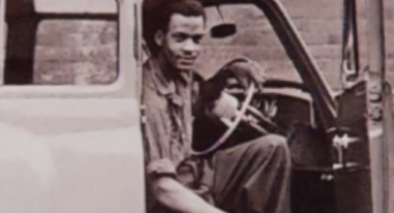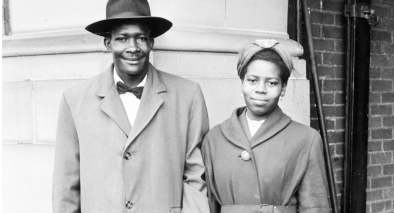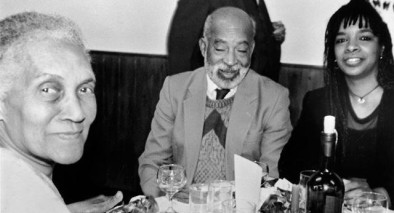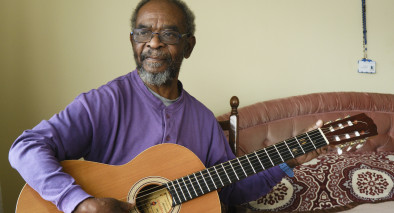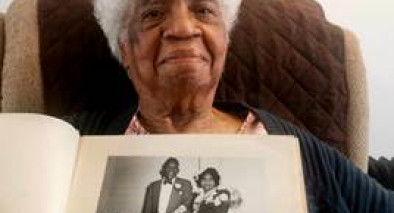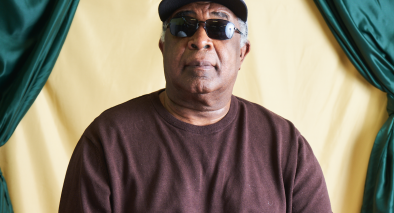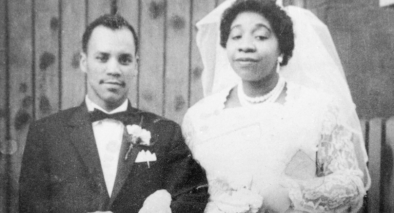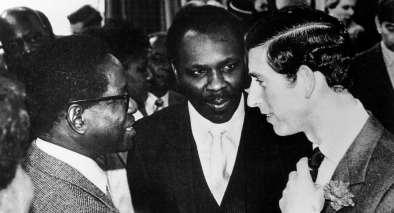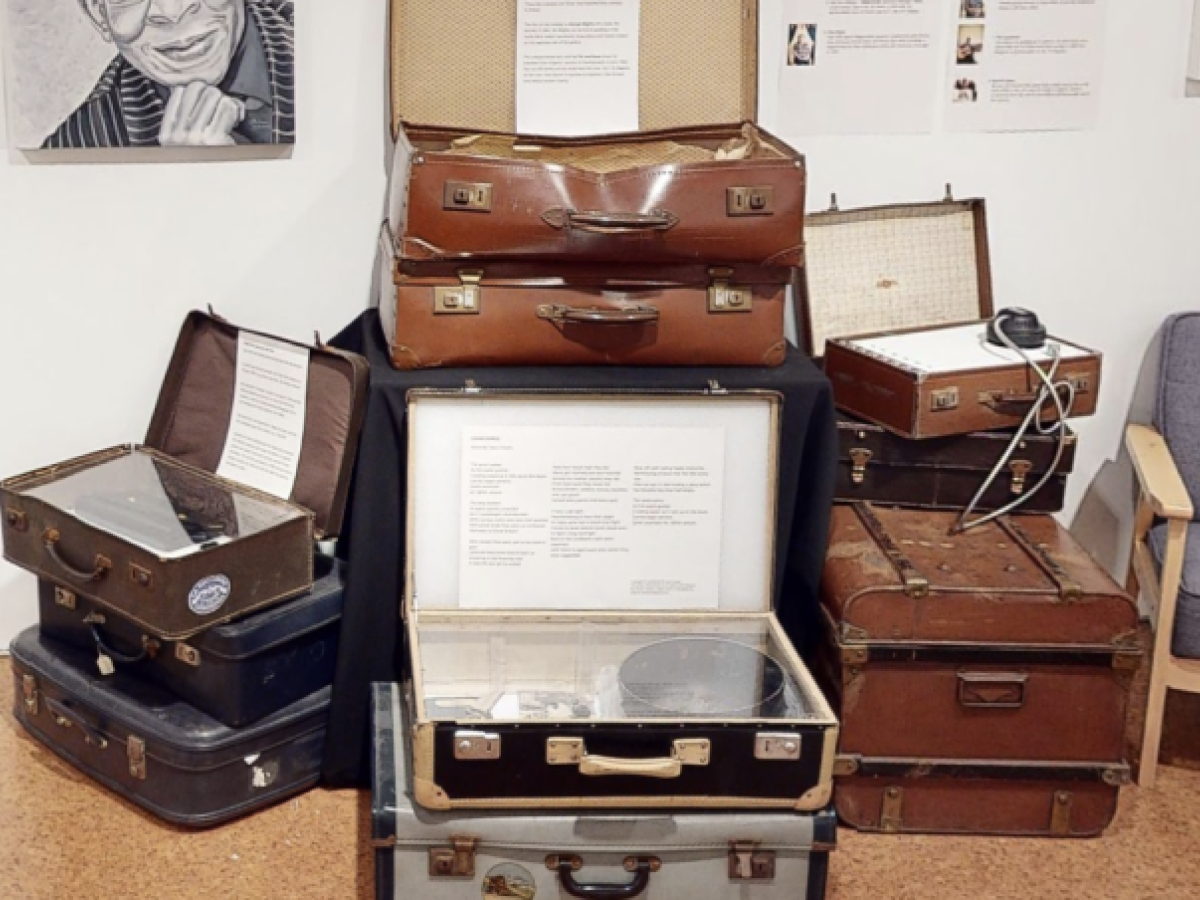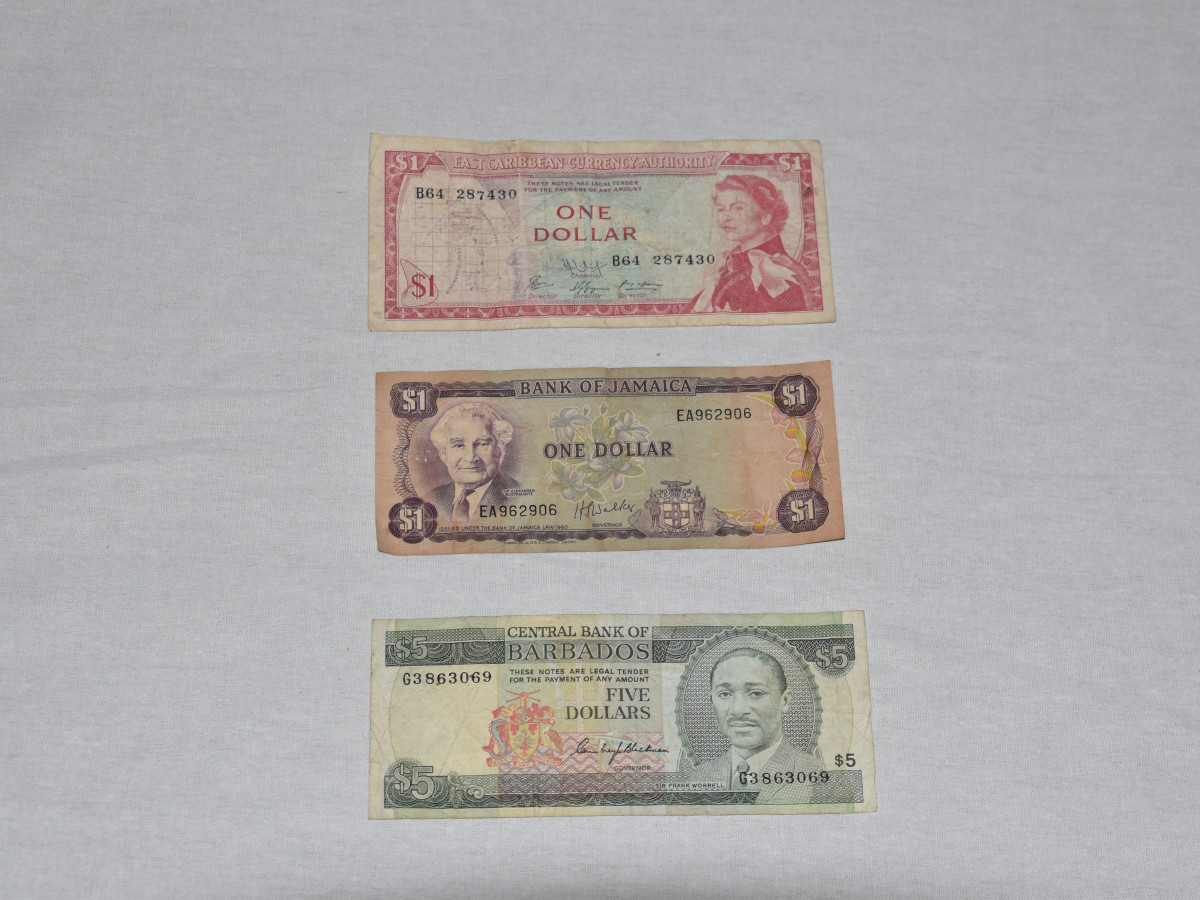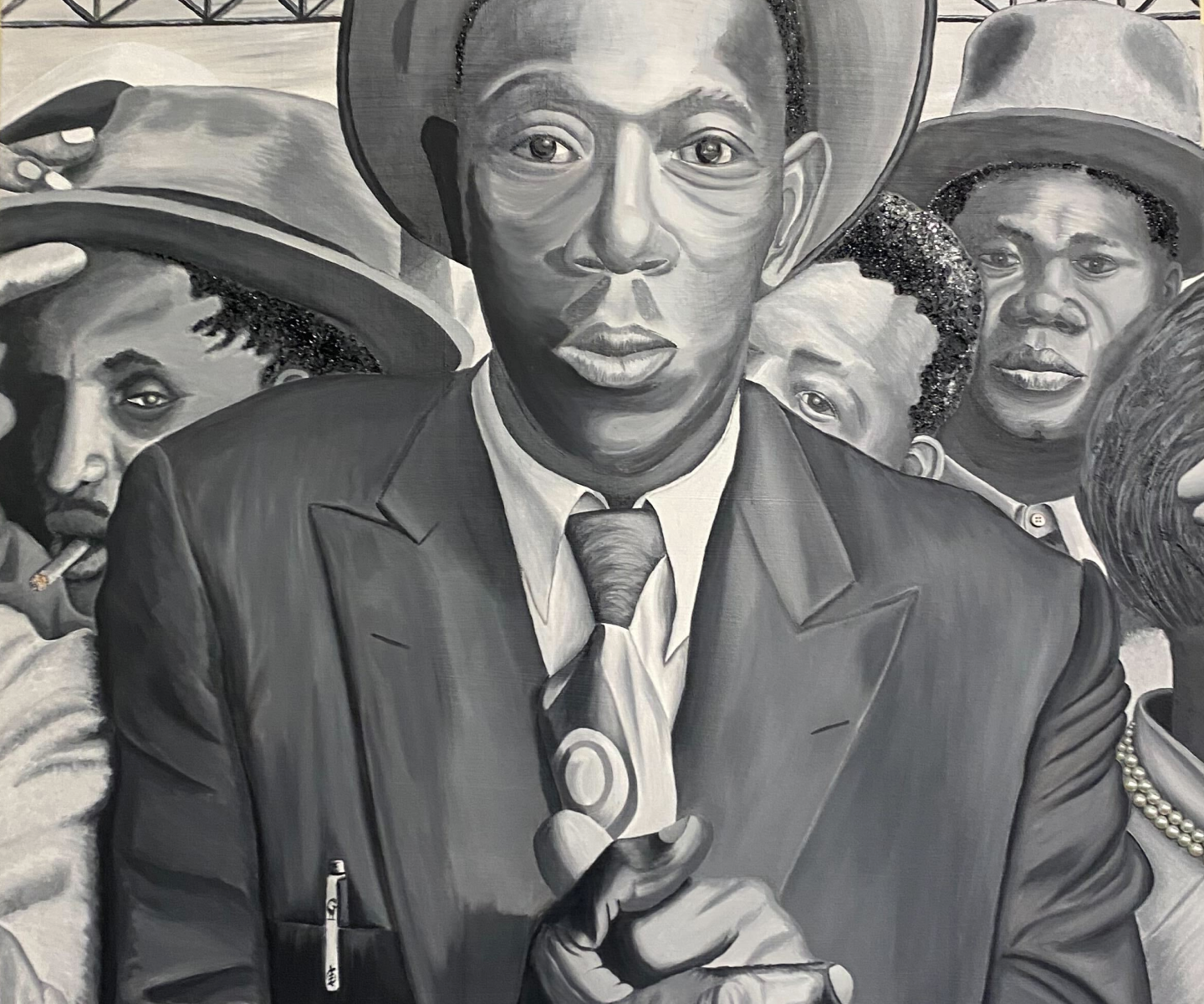
Arriving and Settlement in Derby
Britain faced a severe labour shortage after the Second World War. Through the 1948 British Nationality Act the government turned to its colonies, encouraging its citizens to come and work in Britain.
Arrivals
The first West Indians to take up the offer of a new life arrived on board the Empire Windrush on the 22nd of June 1948. In the coming decades, thousands would make the same journey to the Motherland’, leaving family and friends in the hope of prosperity.
Arriving in England, some West Indians would find it difficult to navigate around a new system. Racism and discrimination were all part of Black people’s experience, and with little support or protection from the law, many needed guidance. New arrivals would seek out local figures like Charles Hill who, from 1955 -1961, acted as an unofficial ’Association’ from his home, helping people fill out forms and giving advice.
Since the arrival of people from the Caribbean between 1948 -1973, known as the Windrush generation, the amount of people making the same journey has decreased. Despite this, the Commonwealth connection between the Caribbean and Britain remains strong, with the Derby West Indian Community Association continuing to support people making the same journey.
Oral Histories
View All
Personal Stories
Settlement
Many Caribbean people would find that the education and work experience attained back home meant little to employers in Britain, with former teachers finding themselves working gruelling days in factories.
A popular profession for West Indians was nursing, as Britain turned to the Commonwealth to help build the National Health Service (NHS). Many were restricted to the lower paid role of State Enrolled Nurse, whilst working long hours in tough conditions. The Caribbean health workers of the Windrush generation became the backbone of the NHS.
With numerous major industries in the city, from the Celanese Factory to the Railways, many West Indians hade Derby their home due to high job vacancies and the lower rent compared to places like London.
As more West Indians took up jobs, workplace discrimination and systemic challenges accelerated the need for collective unionising. The Derby West Indian Association, constituted in 1961, would be that union.
New arrivals were helped with accommodation and financial schemes were created, as banks would seldom offer loans to Black people. The Association became the voice of the community, advocating on their behalf.
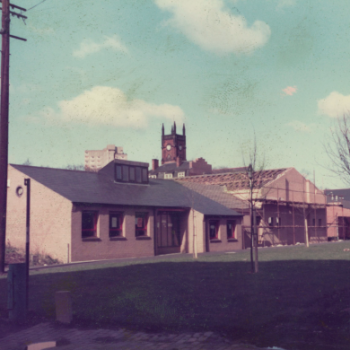
formation of the association
In 1955 members of the pioneer Windrush Generation living in Derby met at their homes after work to discuss how to support their peers regarding common concerns including racial discrimination, employment, education, welfare, housing, socialising and communicating with family overseas.
